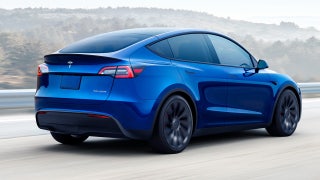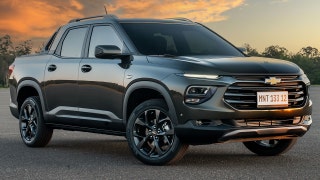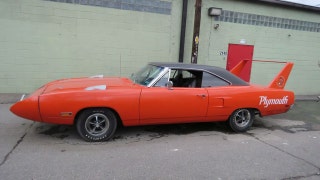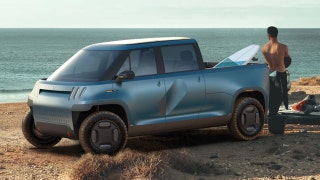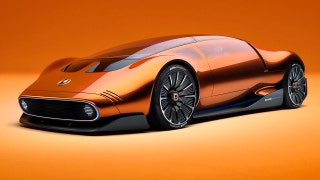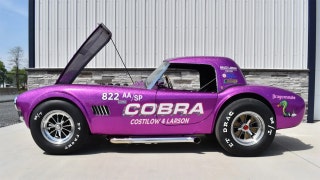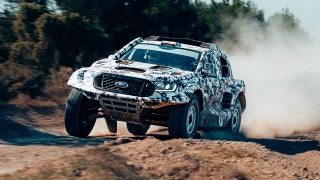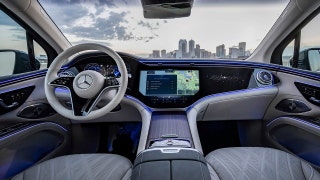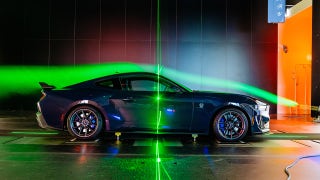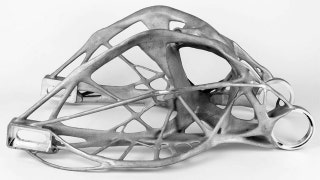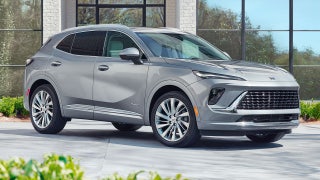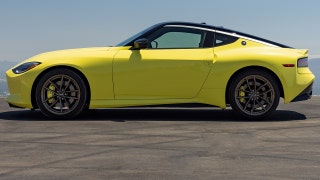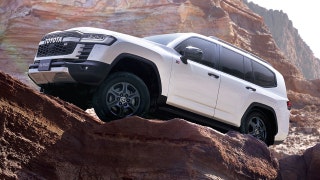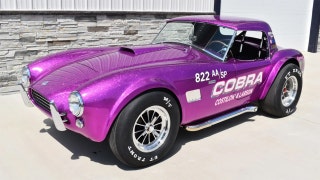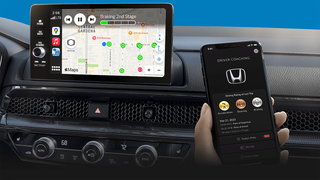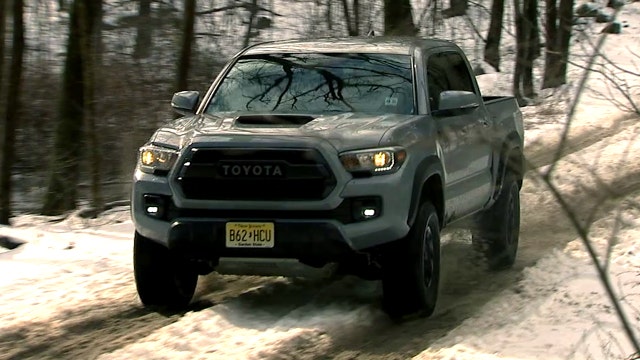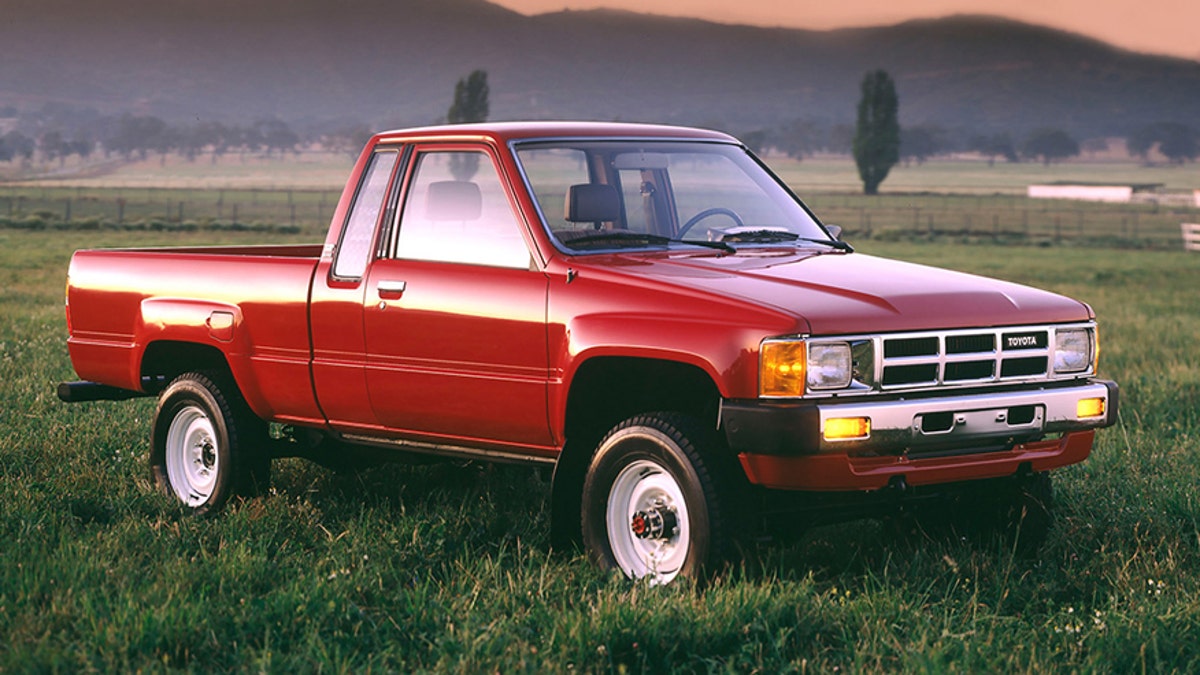
1984 Toyota truck (Toyota)
If you’ve been reading Hagerty's valuation articles, then you know that Japanese classics are hot. You could be excused, however, for not knowing that the next big thing is—you read it here first—classic Japanese pickup trucks.
Toyota and Nissan have sold small pickups since the late 1950s. Not in any large numbers however. And, the United Auto Workers (UAW) aimed to keep it that way. When Europeans slapped a punitive 25 percent tax on American chickens, we responded with a 25 percent tax on imported potato starch and brandy. This trade war was an opportunity for a deal between President Johnson and the UAW, which added imported pickup trucks to the already bizarre list. Thus, the infamous “chicken tax” was applied. Due to the exchange rate, German trucks like the Microbus-based VW pickup disappeared almost overnight. But for a while, Japanese car companies were able to absorb the tax hit.
Manufacturers also found inventive ways to avoid the tax. Chevy LUVs and Ford Couriers, built abroad, were imported without beds as commercial vehicles and Subaru created the BRAT by placing two seats in the bed of a small pickup thus creating a passenger vehicle. The first Toyota 4Runner was simply a Hilux pickup with a topper shell and back seats.
The Toyota Hilux, more commonly known simply as a Toyota truck, is basically the Chevy C-10 of Japanese trucks. Good-looking, reliable and rugged, 4-wheel-drive equipped Hiluxes are so favored by insurgents around the globe, that U.S. Hellfire missiles could probably be programmed to destroy them on sight.
Outside of combat zones however, the Toyota truck is probably best remembered as the lifted off-roader that Marty McFly finds shined up and waiting in his garage after returning to a slightly better version of 1985 than the one he left in Back to the Future.
MORE CLASSIC CAR STORIES FROM HAGERTY
It’s the version that tons of Gen-Xers wanted back in the day: Equipped with KC Daylighters, of course. Which accounts for the Toyota truck’s popularity as a collectible. Most have long since dissolved, too, which makes them rare anywhere in the U.S. but the west coast.
Consequently, trucks that the chicken tax and rust couldn’t kill are getting quite desirable. The most coveted are obviously 4-wheel-drive versions. Original paint and loud stripes are a huge plus, too. Trucks that were $8,000 or so a year ago are now bringing low to mid-teens like this listing from Bring a Trailer. Were it a brighter color, it might have brought $15,000, and this one was just a basic truck without the full McFly package.
Interestingly, the word hasn’t quite reached the most remote pockets of the vintage Toyota truck’s natural habitat—places like Medford, Ore., and Yreka, Calif., where vintage Toyota trucks still do regular duty tending illicit botanical projects.
Until sometime this summer, that is. A few more sales like the one above and word will spread. Then ‘80s-vintage Toyota trucks will begin showing up at auctions, festooned with every accessory imaginable, just like rich suburban kids wanted them. Prices will inevitably spike.
For now, we recommend scouring Craigslist in rural Northern California, Oregon and Washington. And if you’re already priced out of the market, you might consider looking for a first-generation Nissan Hardbody pickup (built in the U.S. to circumvent the chicken tax) or even a first-generation two-door Pathfinder. Other Toyota truck-based SUVs, like first-gen 4Runners, are already getting pricey. The secret here is that the second-generation 4Runner is nicer and better looking. Grab one with a rare five-speed. The upper limits of their lifespan have yet to be determined—a 200,000 mile 4Runner is just getting broken-in.
----------
TOYOTA TACOMA TRD PRO TEST DRIVE:
